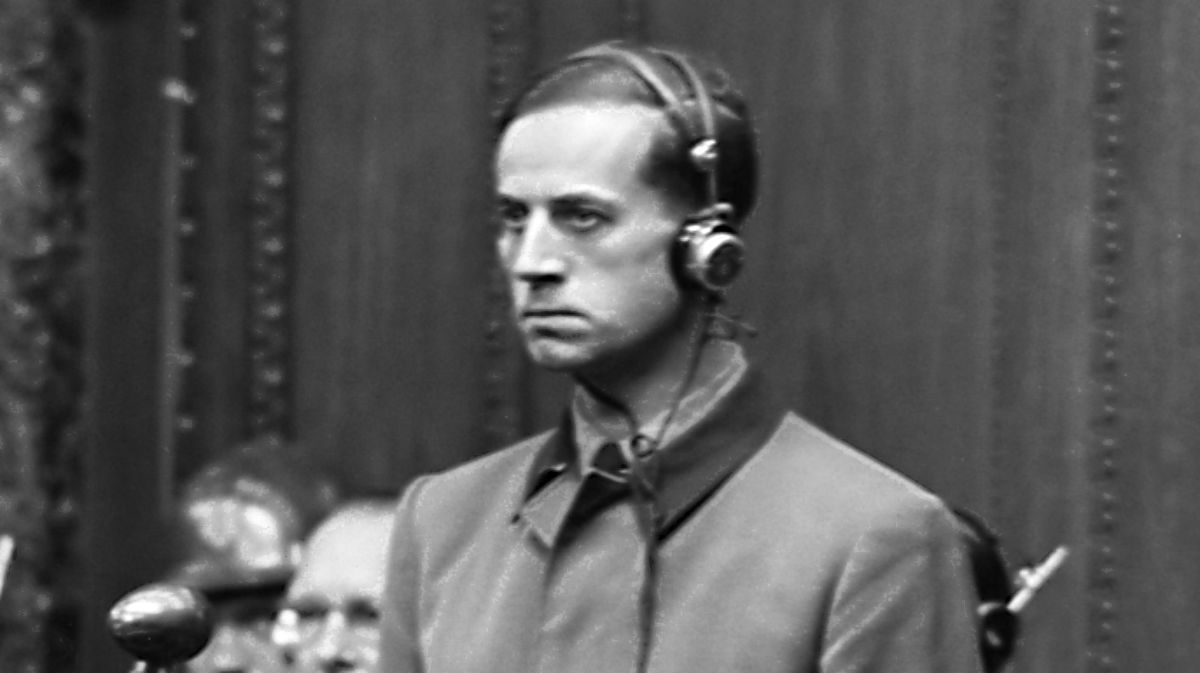
After 70 years, lessons from the Nuremberg Code
The medical profession must remain ever vigilant
Karl Brandt, Hitler's personal doctor, on trial at Nuremberg
On August 20, 1947, an international tribunal which investigated the crimes of 23 Nazi doctors and bureaucrats involved in concentration camp medical experiments issued its verdict. As part of its judgment (seven of the men were sentenced to death) the tribunal also set a 10-point set of rules now known as the Nuremberg Code.
This called for the “voluntary consent” of the human research subject, an assessment of risks and benefits, and assurances of competent investigators. As an essay in JAMA by experts from the US and the UK points out, “These concepts have become an important reference point for the ethical conduct of medical research.”
The message of the authors is that rules do not necessarily lead to compliance. Surprisingly, at least for readers unversed in the history of medical ethics, both in Germany and in the Communist Eastern Bloc the protection of patients and respect for their autonomy were topics with which doctors were very familiar.
In Poland, for instance, Teodor Heiman published Etyka Lekarska (“Medical Ethics”) in 1917 denouncing the exploitation of patients. In 1967 the Polish Medical Association published “Deontological Ethical Rules” (Deontologiczno-Etyczne Zasady) with clear and strict discussion of the standards embodied in the Nuremberg Code. Even in East Germany, medical ethicists worked with government commissions to create safety standards for experimental research subjects. Nonetheless, East German doctors were notorious for their participation in doping Olympic athletes.
There was obviously a gap, they argue, between the law and medical practice. The Nuremberg Code, despite its official-sounding name, has not been enshrined in any national legislation. This has permitted scandals like the participation of American psychologists in CIA “enhanced interrogation” during President Bush’s “War on Terror”.
So who must be responsible for ensuring that doctors act ethically? Other doctors, the authors argue:
The story of the Nuremberg Code is not one of ethical norms taking on the force of law. Rather, its legacy shows the fundamental importance of a robust organized medical profession that protects its independence from political interests and its ability to chart its own moral course, yet is at the same time open to the essential role of nations and government agencies that respect broadly defined and agreed-upon rules to protect the rights and well-being of human research participants.
Creative commons
https://www.bioedge.org/images/2008images/FB_karl_brandt.jpg
bioethics
medical ethics
Nazi doctors
nuremberg code
